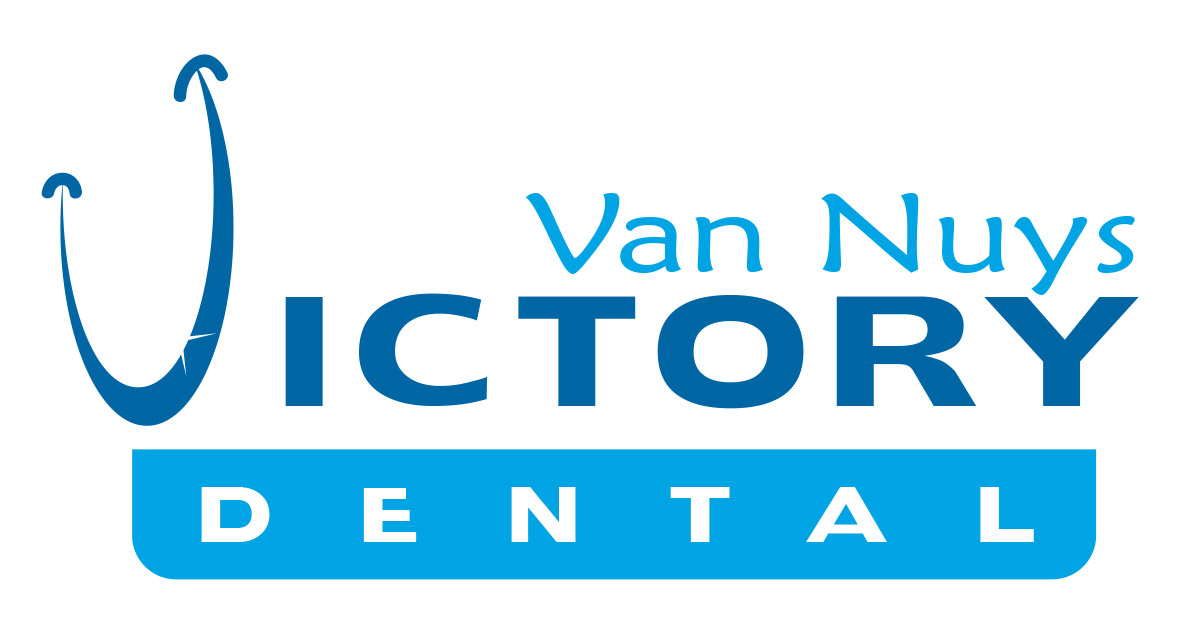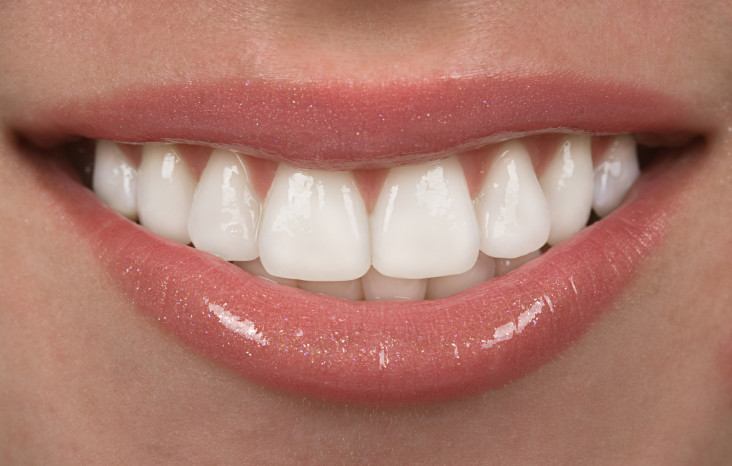Toothbrushes: Which one and how?
Surprisingly not, as a dentist, one of the most common questions I get is, “What is the right kind of toothbrush?”. As a wise man once told me in dental school, “the answer to that question is easy, it depends.”
I can definitely tell you which one is not right for you. I can tell you that for sure. Hard-bristled toothbrushes are good for cleaning countertops, grout, polishing silverware and things of that nature. Never use one of these on anything for the mouth, not even a denture. Dentures even have specialized toothbrushes made just for them. As far as manual toothbrushes, the best one for you to use is exactly that, the one that you use. If you will actually use it, that is the first step.
The key to having healthy teeth and gums is keeping plaque off of the teeth and gums. That comes by brushing at least twice a day. If you are going to use a manual toothbrush, use one that is soft bristled.
The type of brushing technique has been widely debated. It really is hard to train someone to brush differently, but if you can, you are supposed to angle the brush slightly toward the gums while brushing. While doing this, move in small circles on the teeth. Move all around the mouth, doing this and brushing every surface. It really seems as if the length of time is what matters most.
The more studies that come out, it seems to show more, having healthy gums is related to the length of time you brush, not the manner in which you brush. With that being said, it seems like two minutes, twice a day is the key. Of course, you must use a soft-bristled toothbrush.
As for electric toothbrushes, like Sonicaire, The vibration of the bristles can help remove plaque especially with patients with disability or poor brushing technique. People have a tendency to brush more often and for the length of time required when they have a $150 toothbrush that has a timer on it telling them when to move to the next section of their mouth. This is not something that they want to go to waste once they have purchased it, therefore, they use it more often.
On the notion of the damage that can be done with improper toothbrushing, this can actually be quite severe. For instance, if someone is brushing with a toothbrush that is too hard, it can cause extreme gum recession. This recession can lead to bone loss and eventually tooth loss. This, of course, is an extreme instance. On a lesser level, it can cause the same type of recession, which can necessitate gum grafting to prevent future tooth loss.
For the healthiest teeth and gums, it is as easy as doing three things twice a day. First you must brush at least twice a day. This gets the bulk of the plaque off of your teeth. Second, you must floss twice a day. Flossing can be a pain, but it removes the plaque from in between the teeth and prevents gum disease and cavities between the teeth.
The little dental flossers have been an amazing invention. They allow people to floss on the go and take a couple flossers with them in their pocket.
Finally, you must use an antiseptic rinse, like Listerine, twice a day. Listerine was first used as an antiseptic scrub for pre-operative uses in the 1800s. Of course, you don’t have to use the old natural flavor. You can use any of the flavors; however, it must be the one with alcohol in it. The alcohol has no role in being an antiseptic. Its only role is to help make a solution out of 4 natural oils. Those oils are what provide the antiseptic properties to the mouth.
With your mouth and ultimate health, remember the old adage, “cleanliness is next to Godliness.” The mouth is a dirty place. The only way to have healthy, beautiful teeth and gums is to keep it clean.

